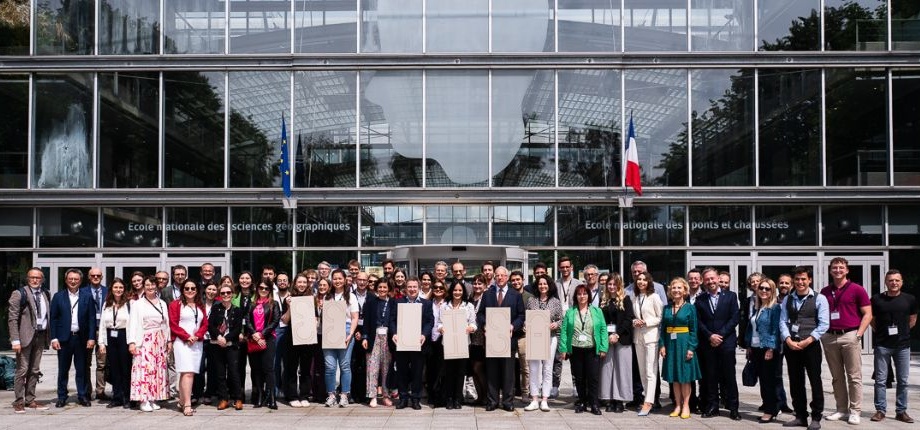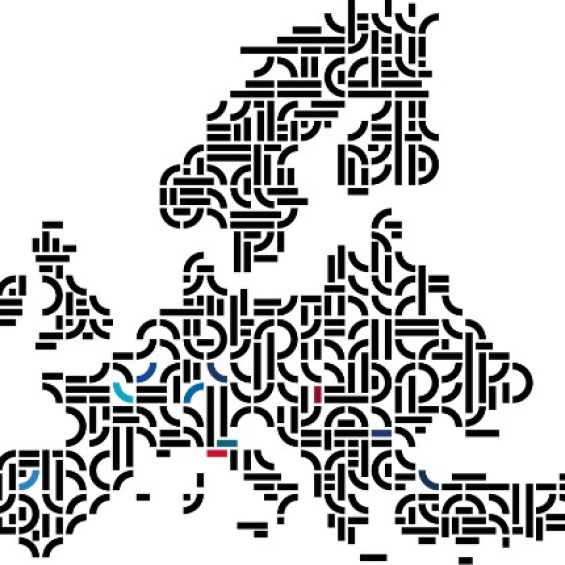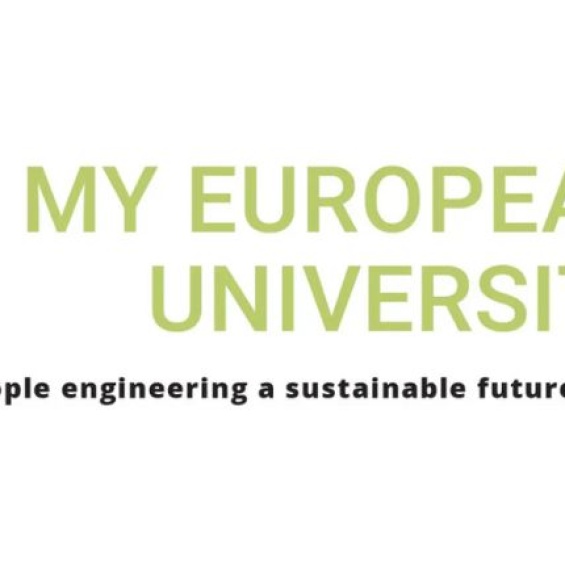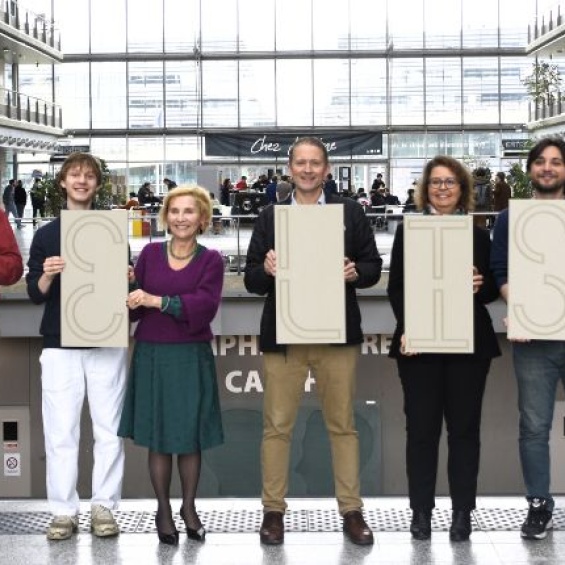EELISA - European University
The European Engineering Learning Innovation and Science Alliance (EELISA) is a consortium of ten higher education institutions (graduate engineering schools, technical and full-spectrum universities) from eight different countries in Europe with the common ambition of defining and implementing a common model of European engineer rooted in society and of bridging engineering, sciences and humanities for inclusive, sustainable and digital societies.




